Faced with an
exodus of migrants from North Africa and the Middle East, Europe also risks an
institutional deadlock, as Brussels and national authorities from certain EU
states are divided over the hosting of refugees. On Thursday, the European
Parliament approved the emergency solutions proposed by the president of the
European Commission Jean-Claude Juncker with regard to the distribution of
refugees across the Union.
Moreover, in a
resolution adopted with a large majority in Strasbourg, Euro MPs have
criticised what they described as the regrettable lack of solidarity on
the part of governments towards asylum-seekers. The most reticent are the
heads of state and government in central and east-European countries, whose
position reflects, to a large extent, the views of their own citizens. Hungary,
Romania, Bulgaria and Slovakia have no experience in handling such challenges.
Unlike
many states in Western Europe, these countries never had colonies to act as a
source of migration, have not had high living standards to become an attraction
for millions of migrants and they were never home to non-indigenous Muslim
communities. Like in Budapest and Bratislava, the authorities in Bucharest also
insisted on the use of voluntary refugee quotas and reiterated their opposition
to obligatory quotas. Under the EU emergency relocation scheme, Romania is to
take in 4,646 refugees compared with the initial 1,785, which Romania says
reflects its available accommodation.
This
is not about numbers, but people, emphasised president Klaus Iohannis, who
again rejected the obligatory quotas, which, he says, were calculated in a very
bureaucratic way, without prior consultation with member states. Romania cannot
receive a higher number of refugees than its accommodation capacity allows it,
the country’s foreign minister Bogdan Aurescu reiterated. He says the scheme
proposed by Jean-Claude Juncker is only the starting point for future
negotiations.
Bogdan
Aurescu: These are only proposals. They will be
negotiated, discussed and agreed on by member states. The fist step of this
negotiation process is on the 14th of September at the extraordinary
meeting of the Justice and Internal Affairs Council. As far as I am aware, the
text of the Commission’s proposal does not contain the word ‘sanctions’. There
is an idea that member states that are not able for the moment to take in
refugees for objective reasons should pay instead 0.002% of their GDP as
financial compensation. However, this idea will also be subject to discussion
and negotiation among member states.
On
the political scene, both the interim leader of the ruling Social Democratic
Party Liviu Dragnea and the spokesman for the National Liberal Party, in
opposition, Ionut Stroe, said they supported president Iohannis’ position on
immigration.
